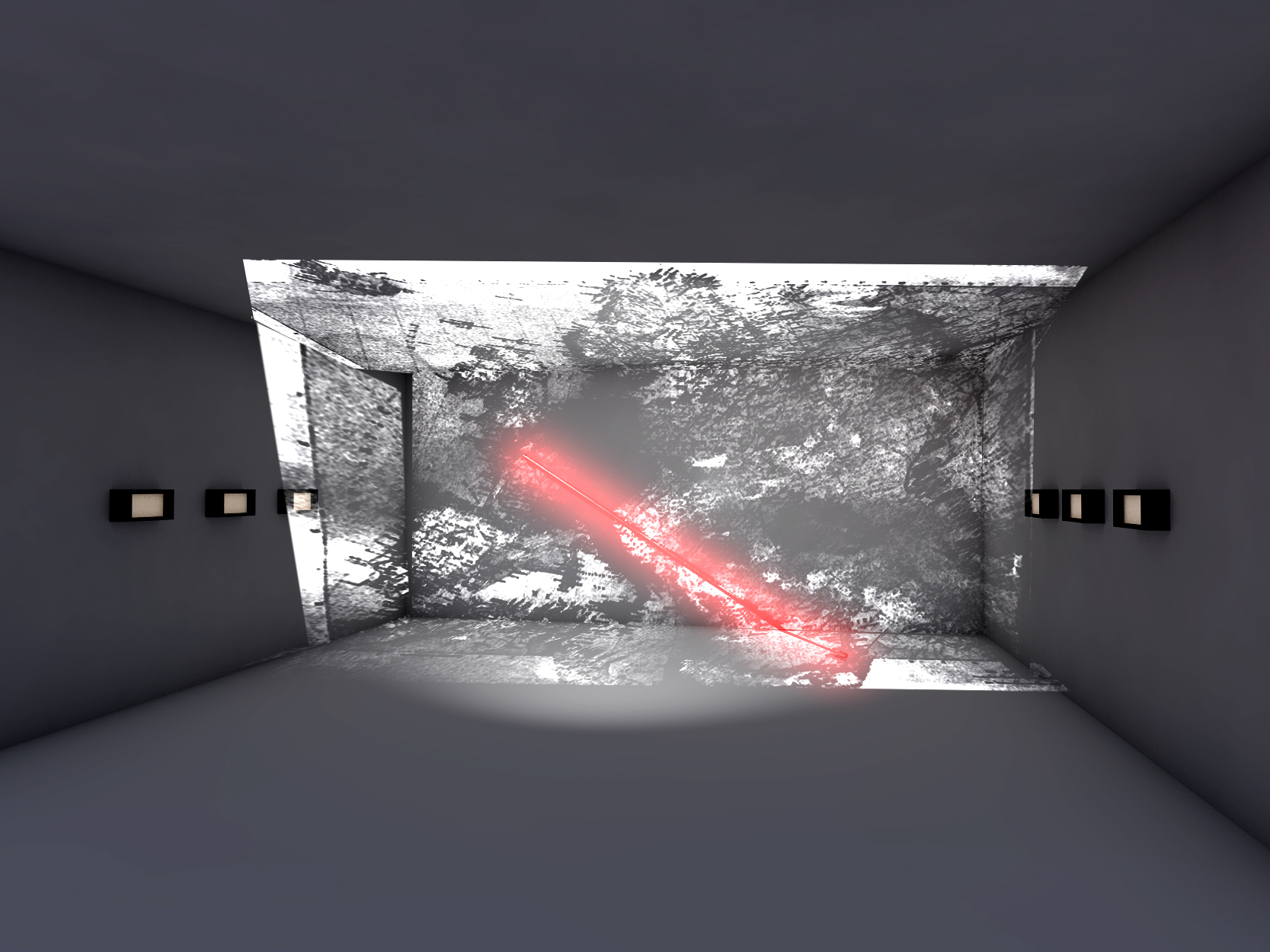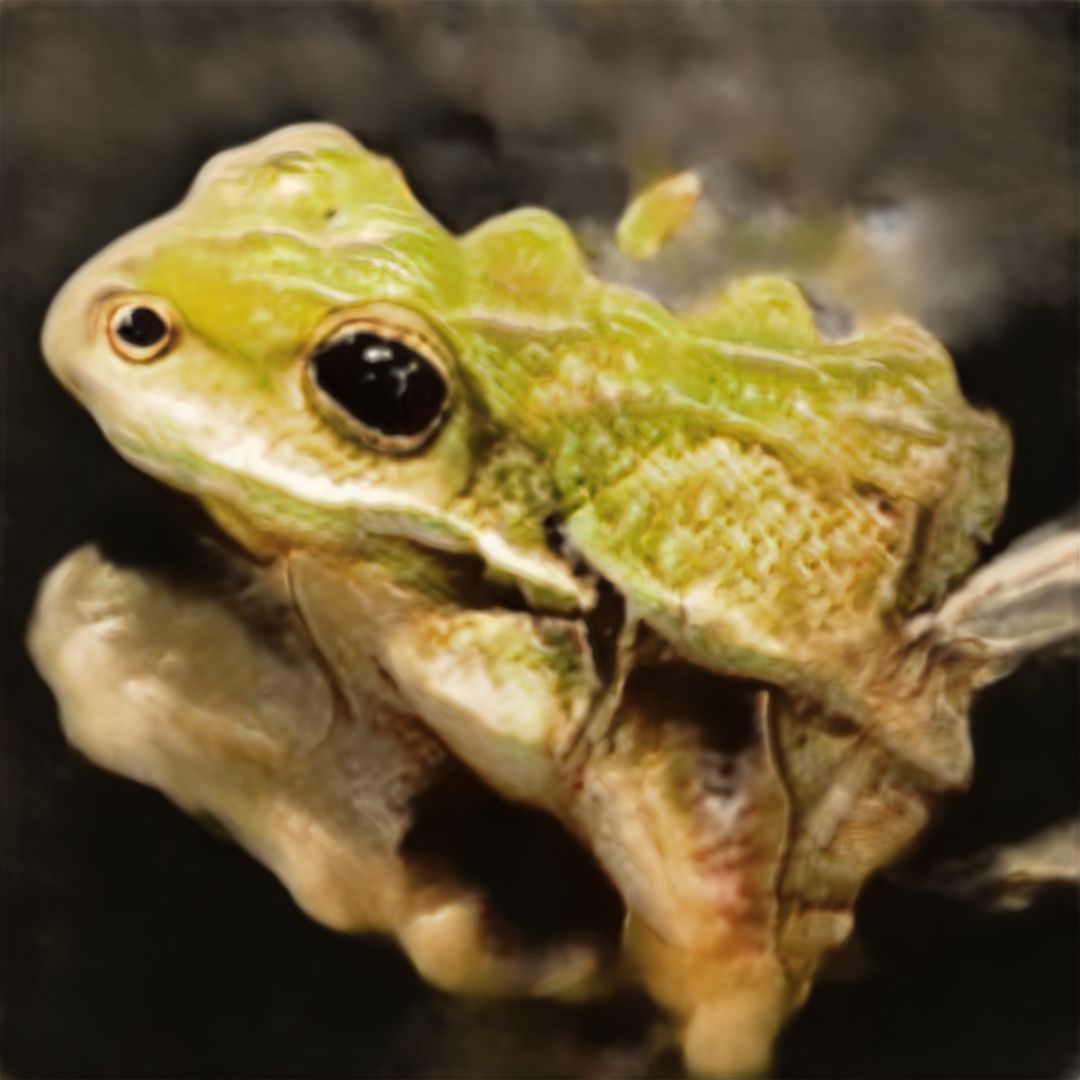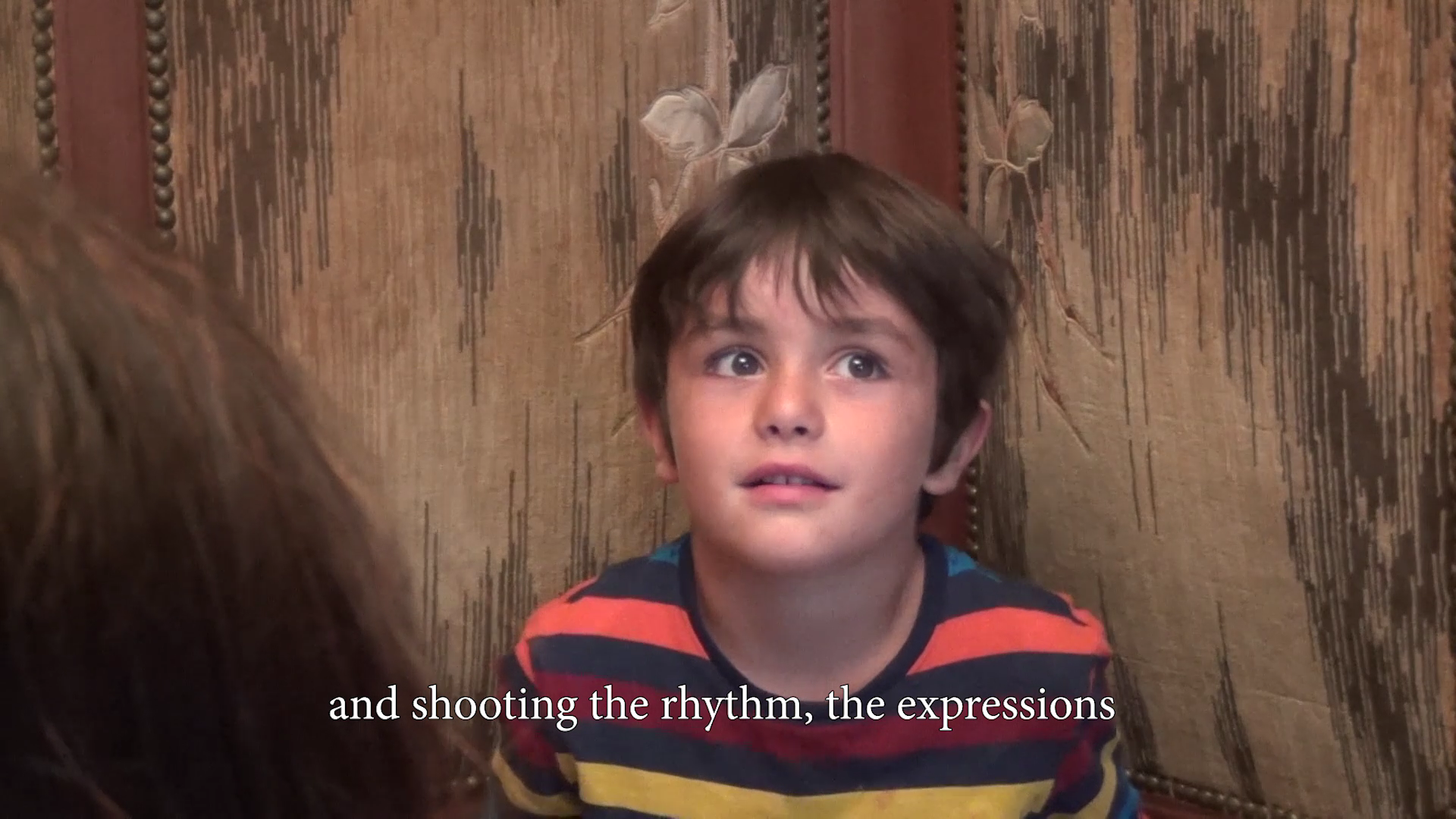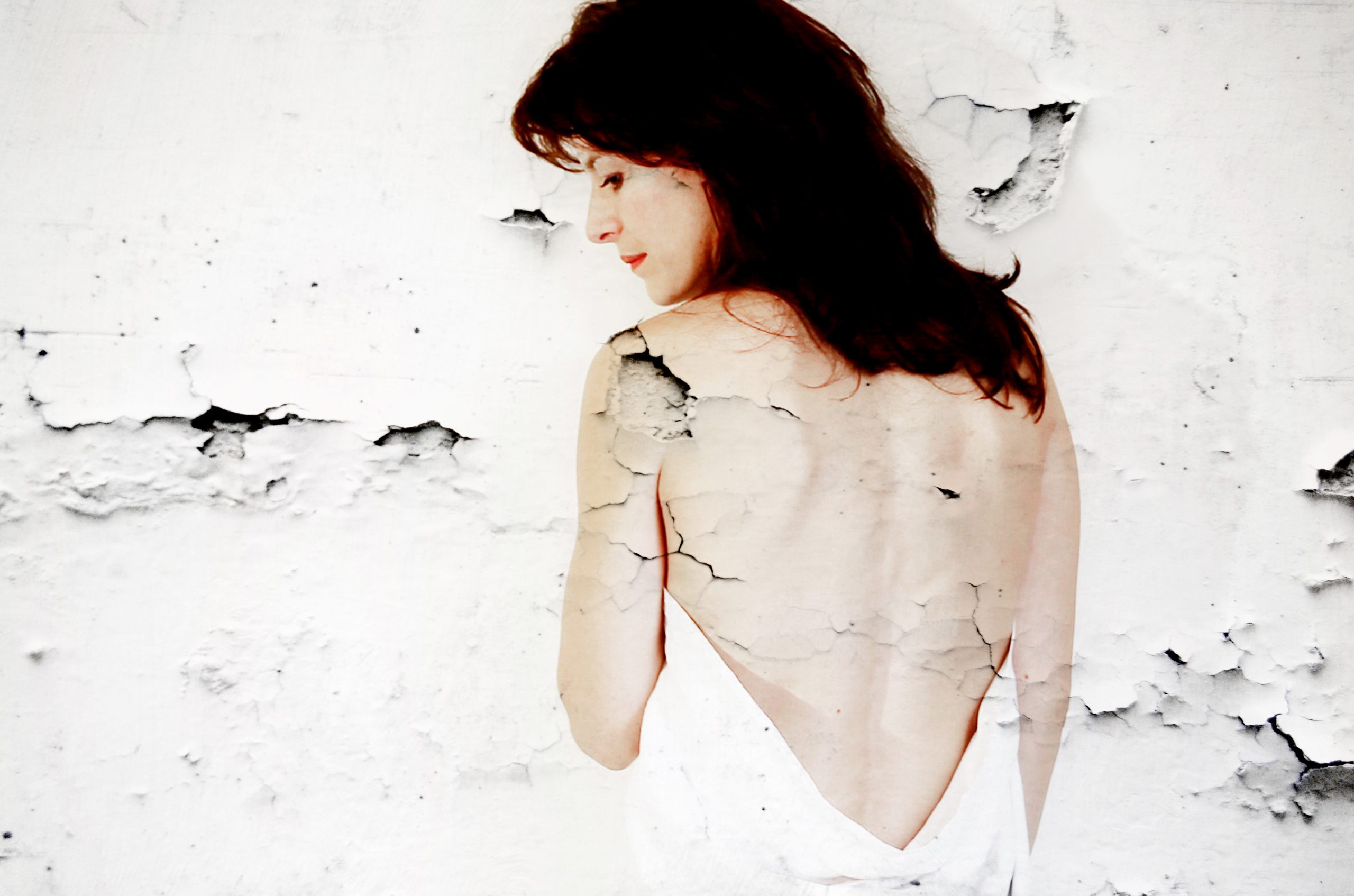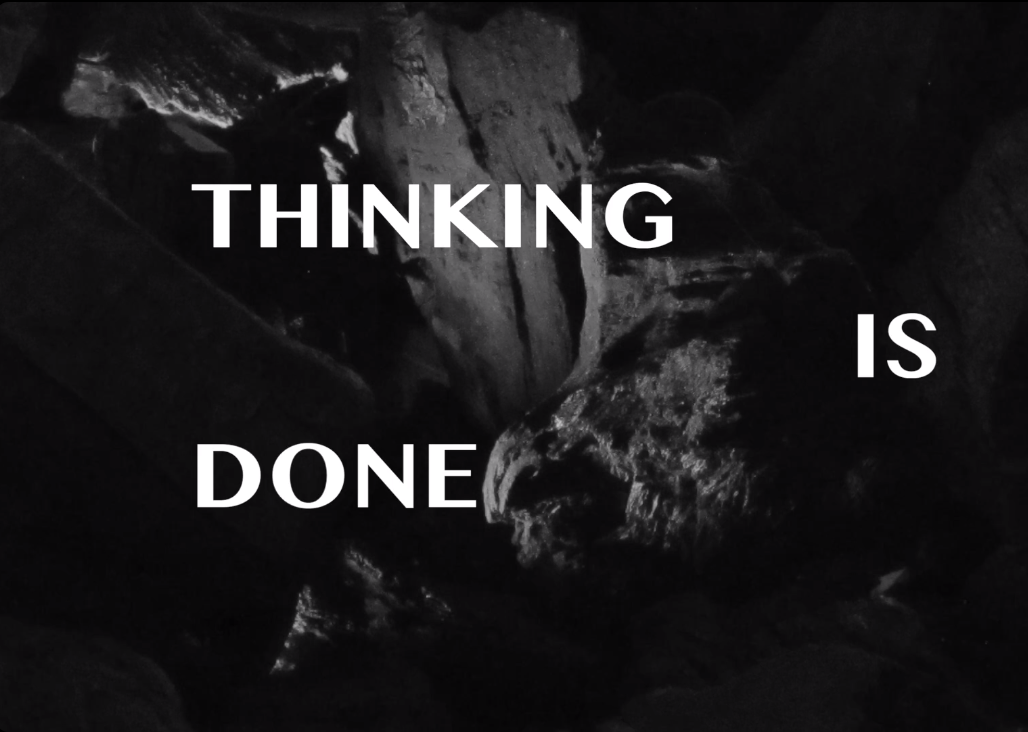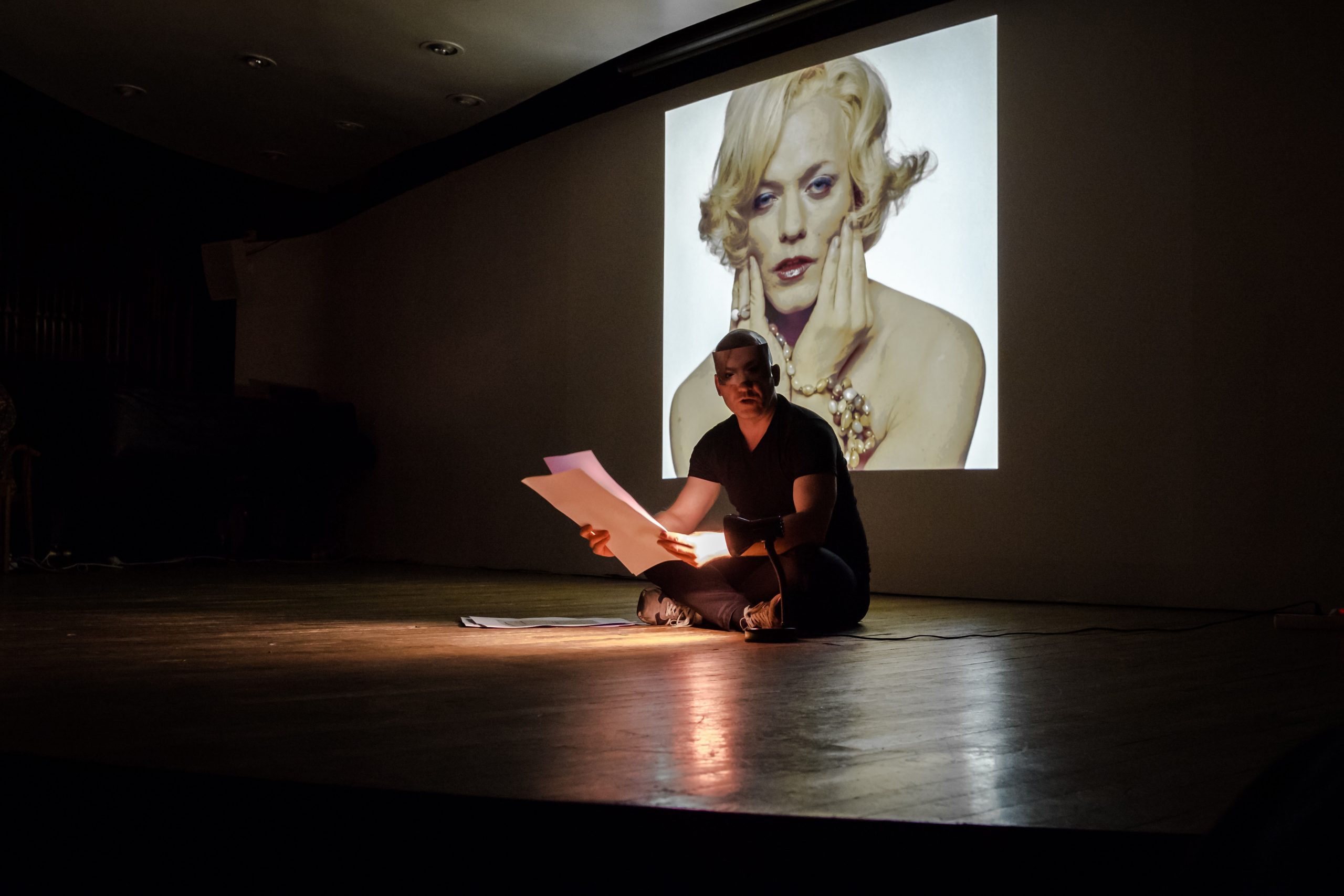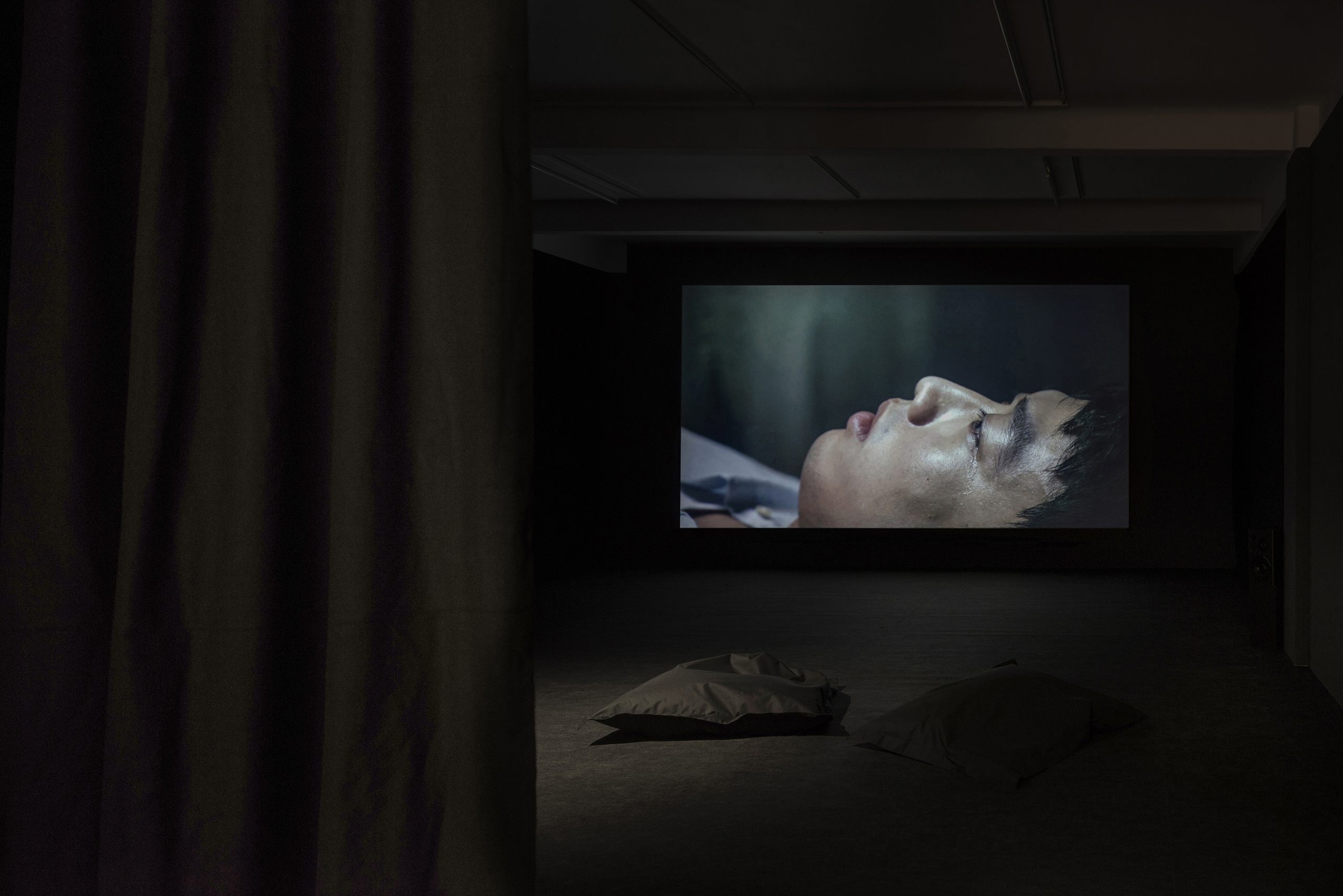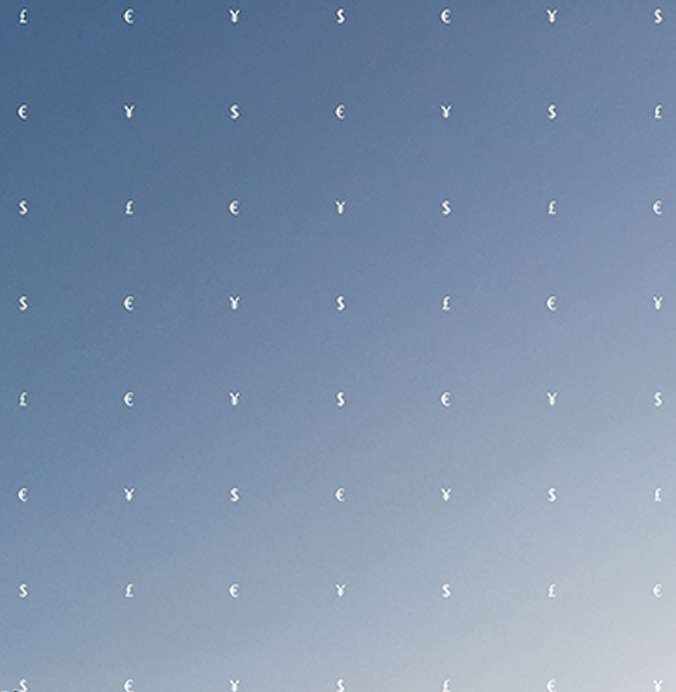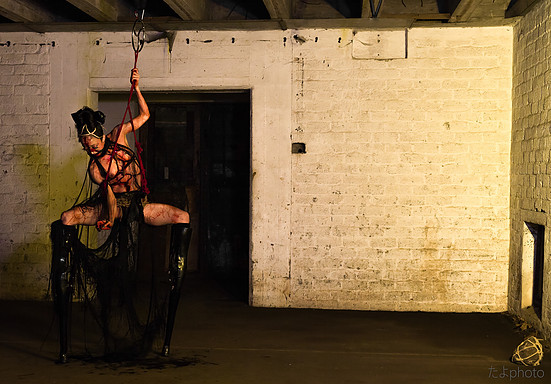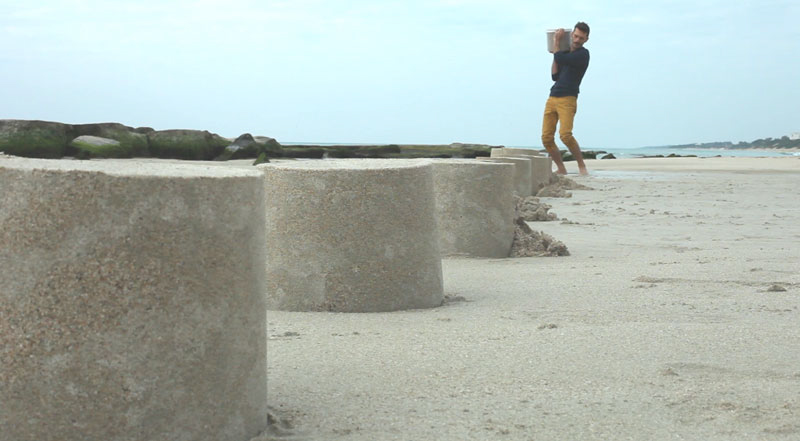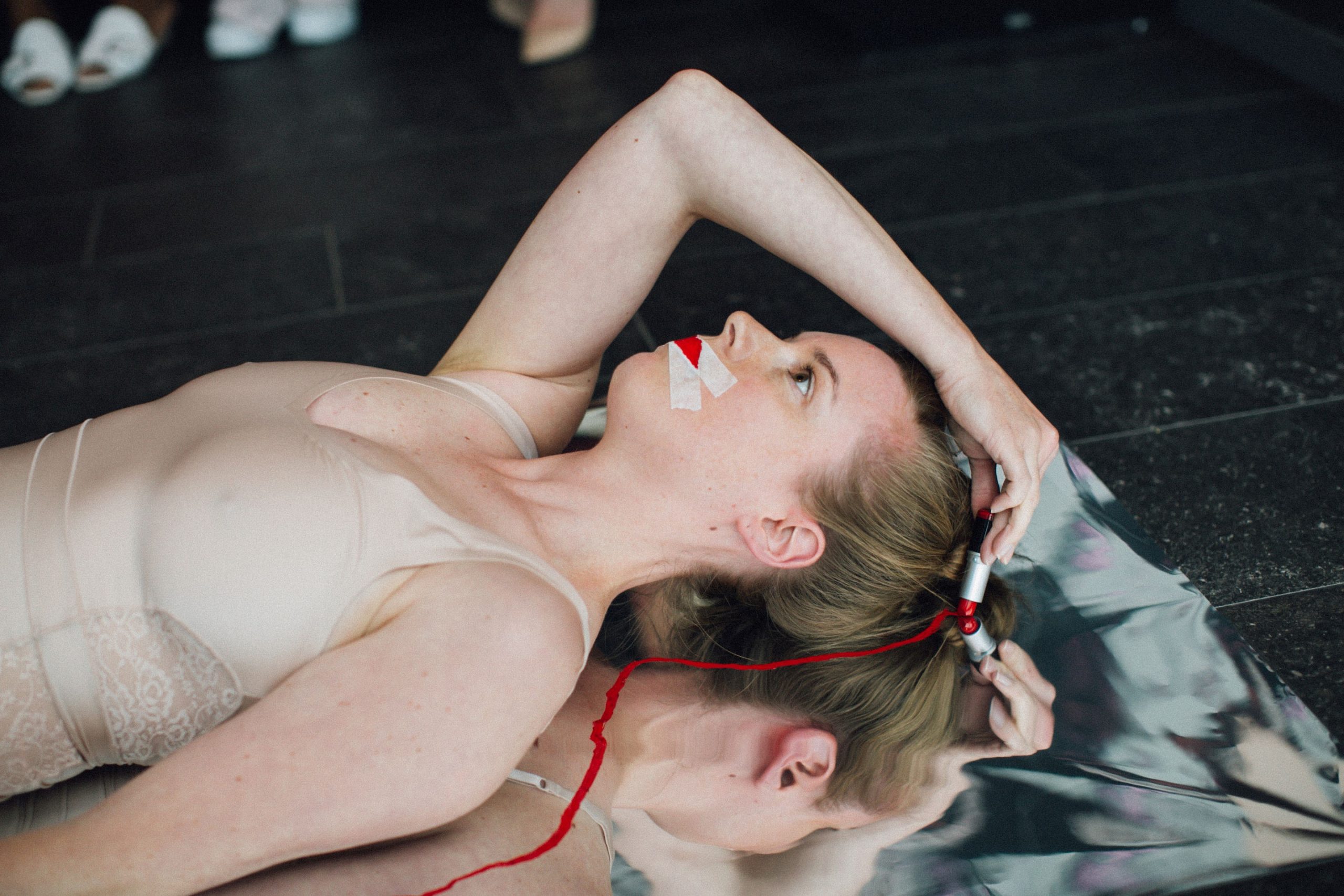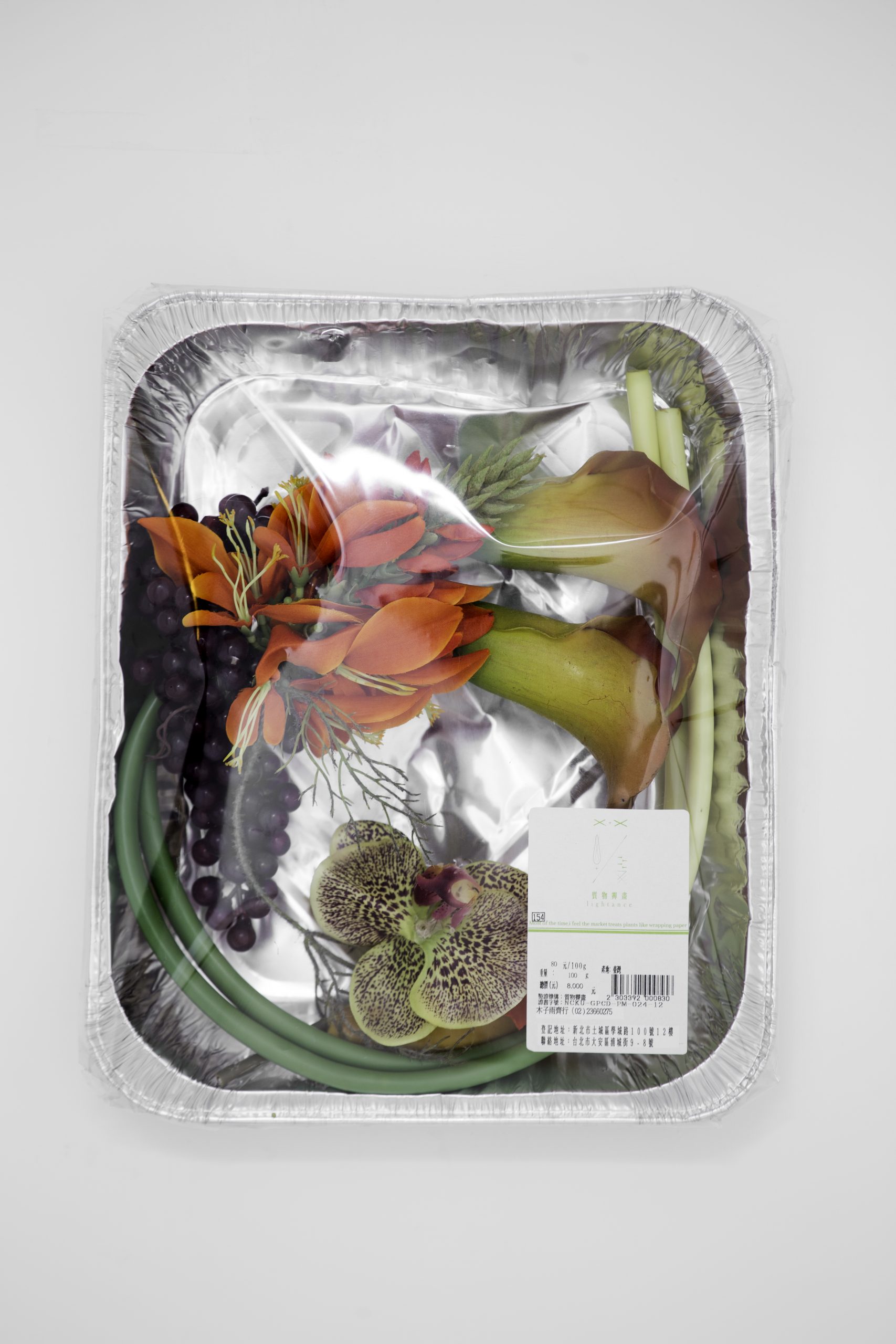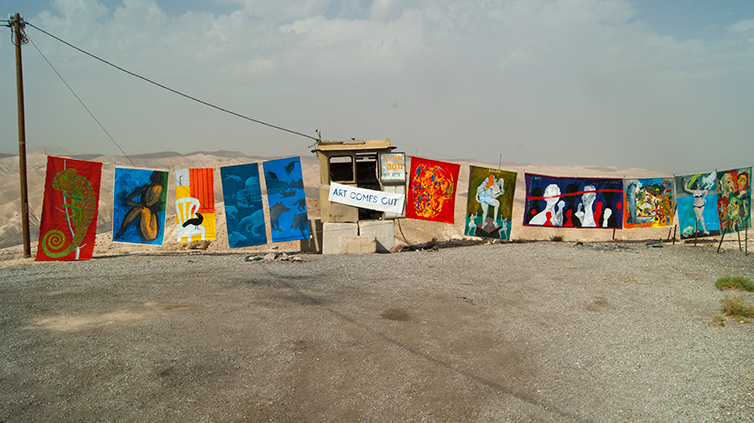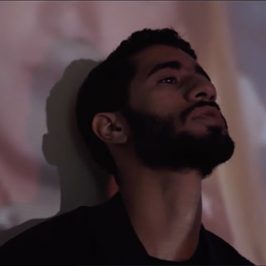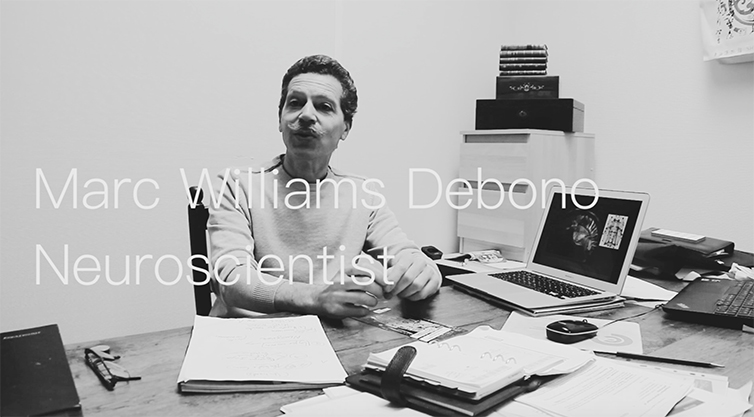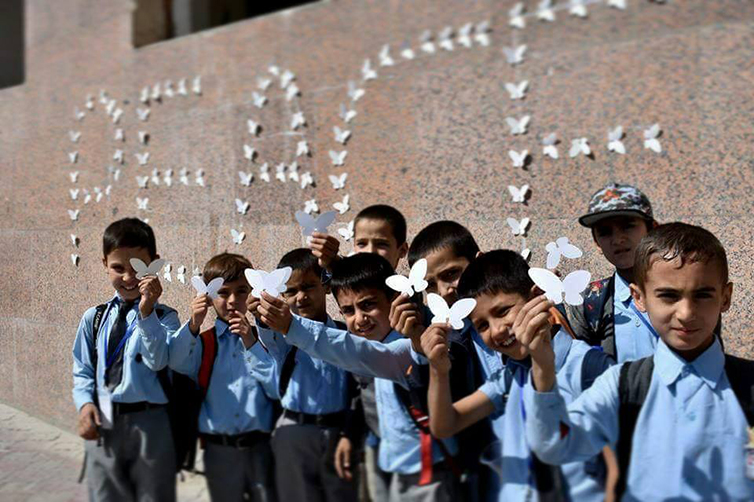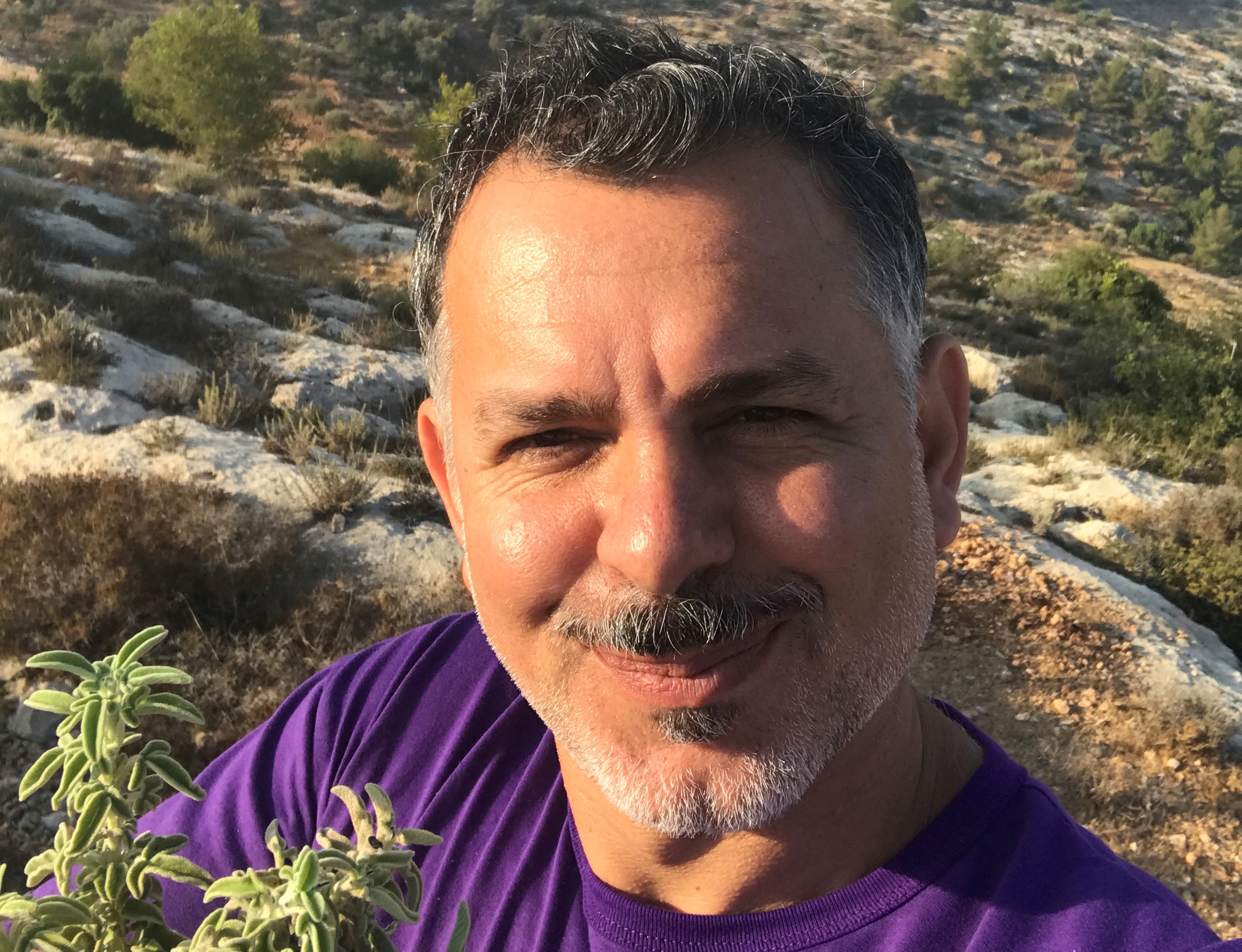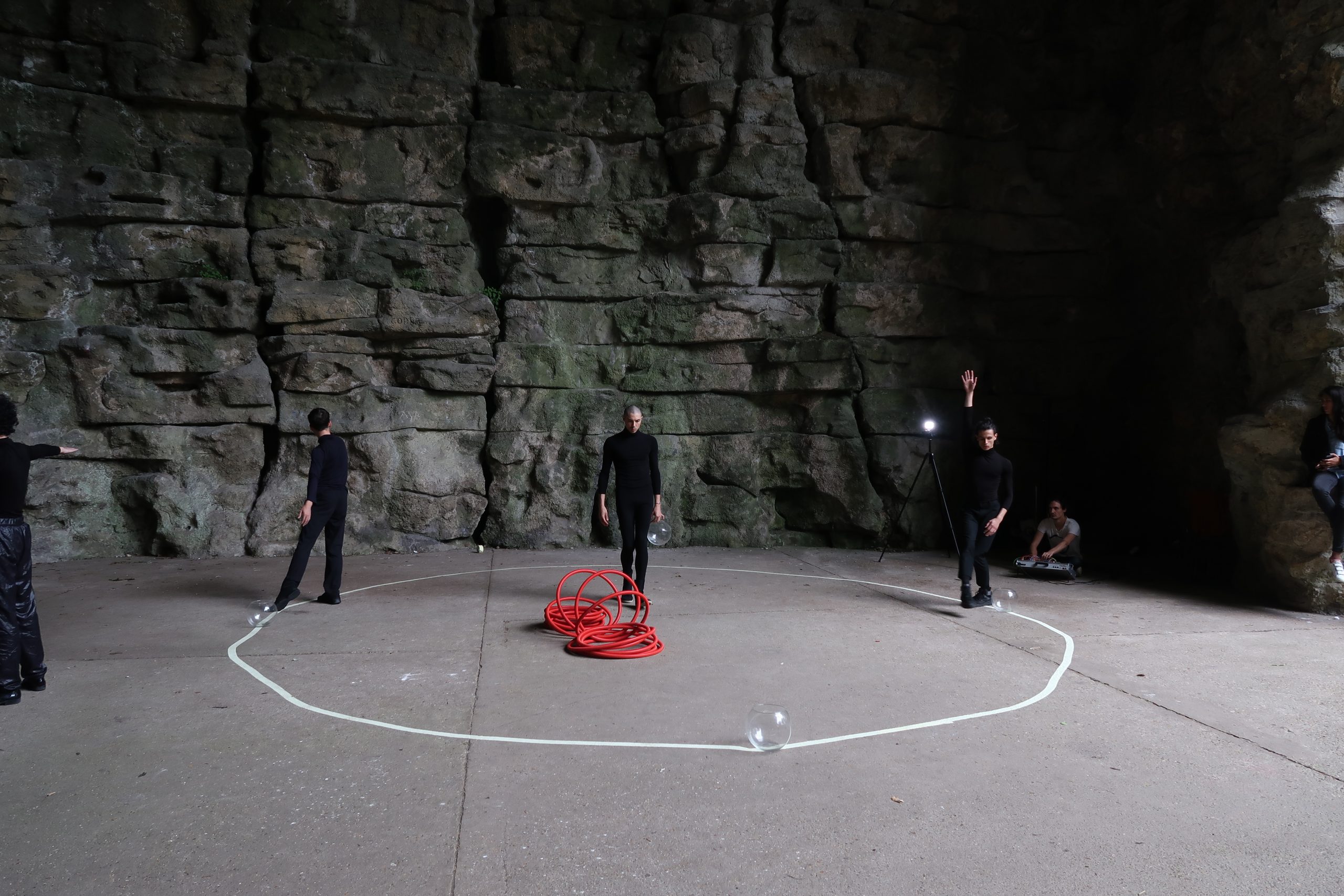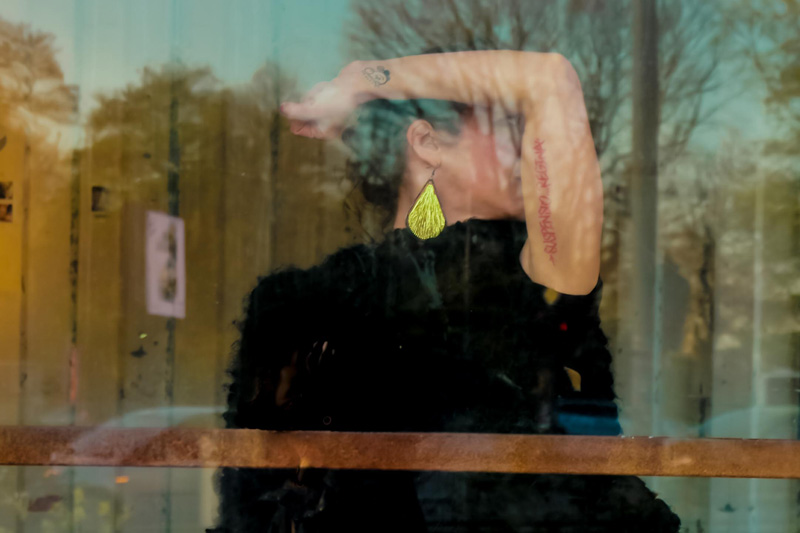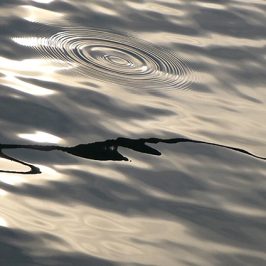Sarite Rosen’s work blends a sensitive approach to identity and family heritage with a critical on political and social issues.
Her parent’s migration story, who left France in the 1960s for ideological reasons, and the research she conducts on the involvement of her French ancestry in the Resistance, has an important influence on her approach.
Through her work, Rosen addresses the issue of multiculturalism by critically questioning the myths or symbols of the culture on either side of her French and Israeli identity.
Before turning to the visual arts, Sarite Rosen studied music. Therefore, she seeks to integrate sound and music, cultural elements constitutive of her dual identity, into her different creations. Many of her works present her research on the visual representation of music, more particularly of the opera as a symbol of European culture.
Her first medium is the black and white drawing, which allows her to combine reality and imagination, photography and memories. These become the basis to create installations or videos, that include sound, drawing and projection.
Sarite Rosen challenges conventional borders, whether technical or cultural, by integrating drawing, sculpture, video, music or architecture, to create coherent and thought provoking installations.
Sarite Rosen recent projects.
Frontières et corps.
This project, part of the continuity of an artistic process carried out for many years, deals with identity and cultural themes between Israel and France.
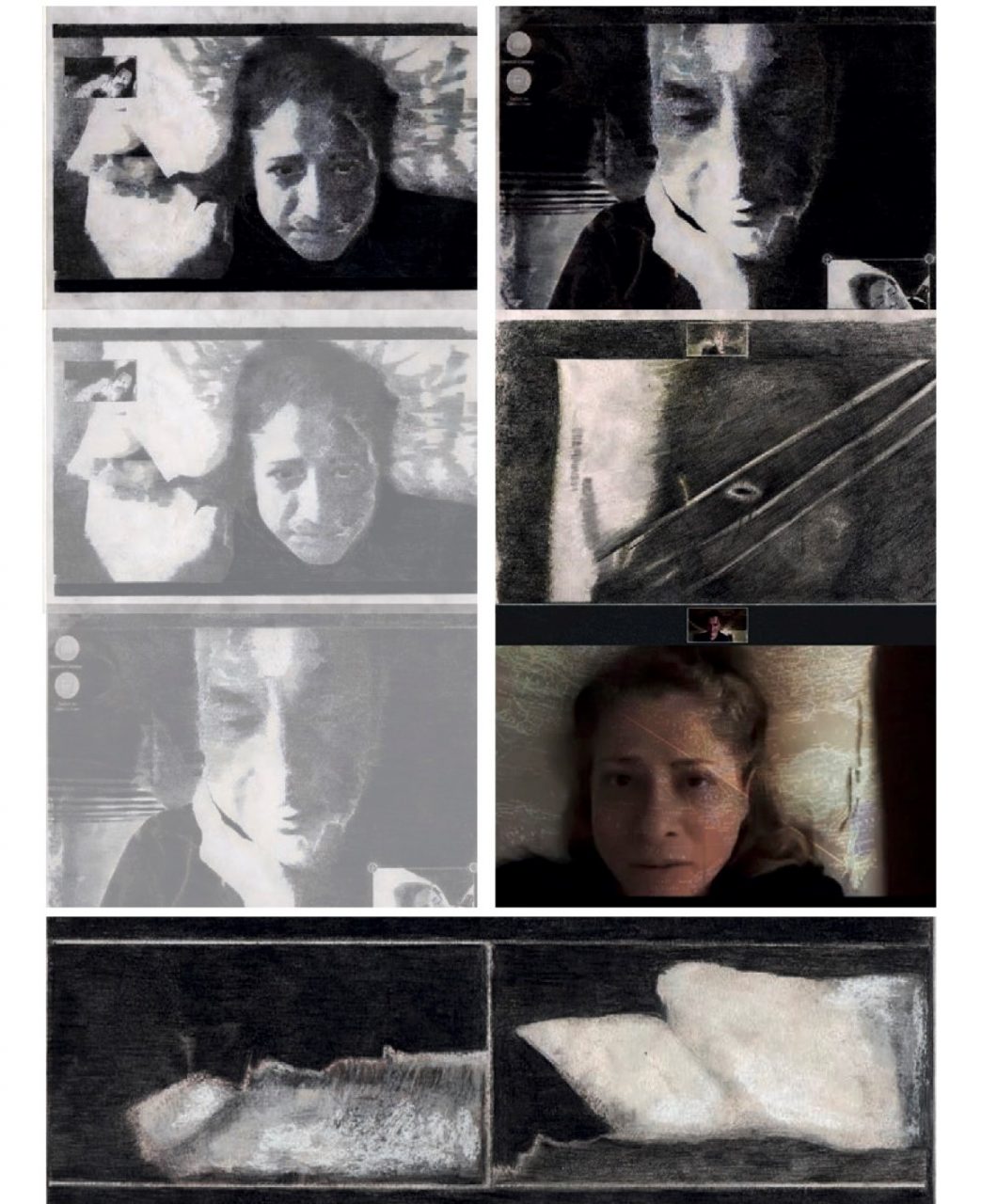
This project is based on two major contemporary issues that intertwine intimacy and geopolitics, as it explores the question of finding alternative representations of erotic relationships through its main characters. Living separately, in distinct countries, they are separated as a consequence of borders closing at the onset of the COVID pandemic.
The piece, however, also ponders the sudden halt the sanitary crisis forced onto the globalised world, leading an entire generation to adopt a critical perspective concerning current socio-political issues such as borders, nationalism and globalization.
Frontières et corps proposes to link the macro and the micro in a journey emphasising the tense relationship of bodies and the sense of longing. The intimate connection resists the controls and physical constraints by reinventing itself.
The question of human freedom is at the heart of the project, whether on a intimate or a political level. At the center of the installation is the materialization of the point in question is rendered on a map representing the distance separating the two bodies, and a second map, shaped like an organ, which represents Paris – the city the couple ought to be in.
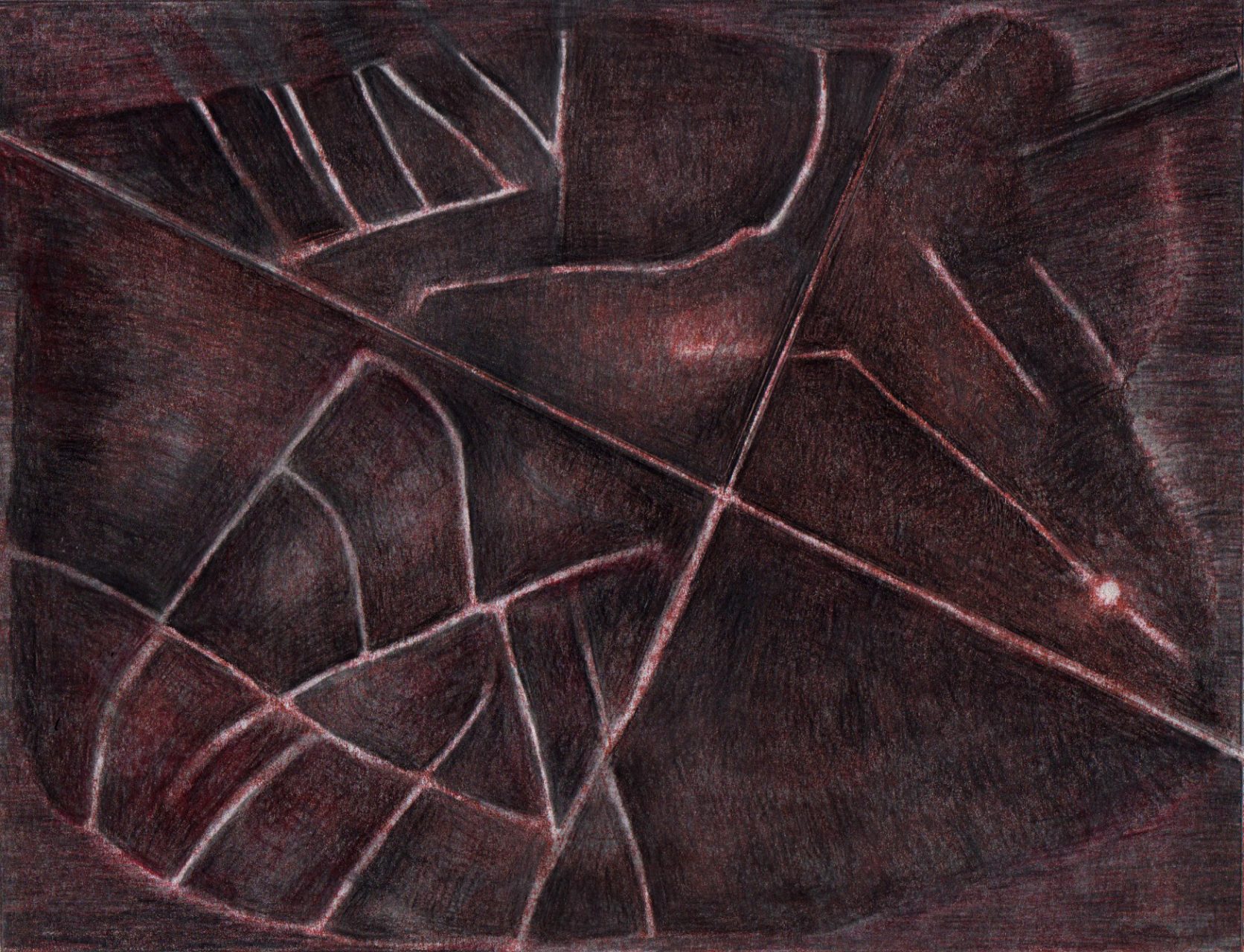
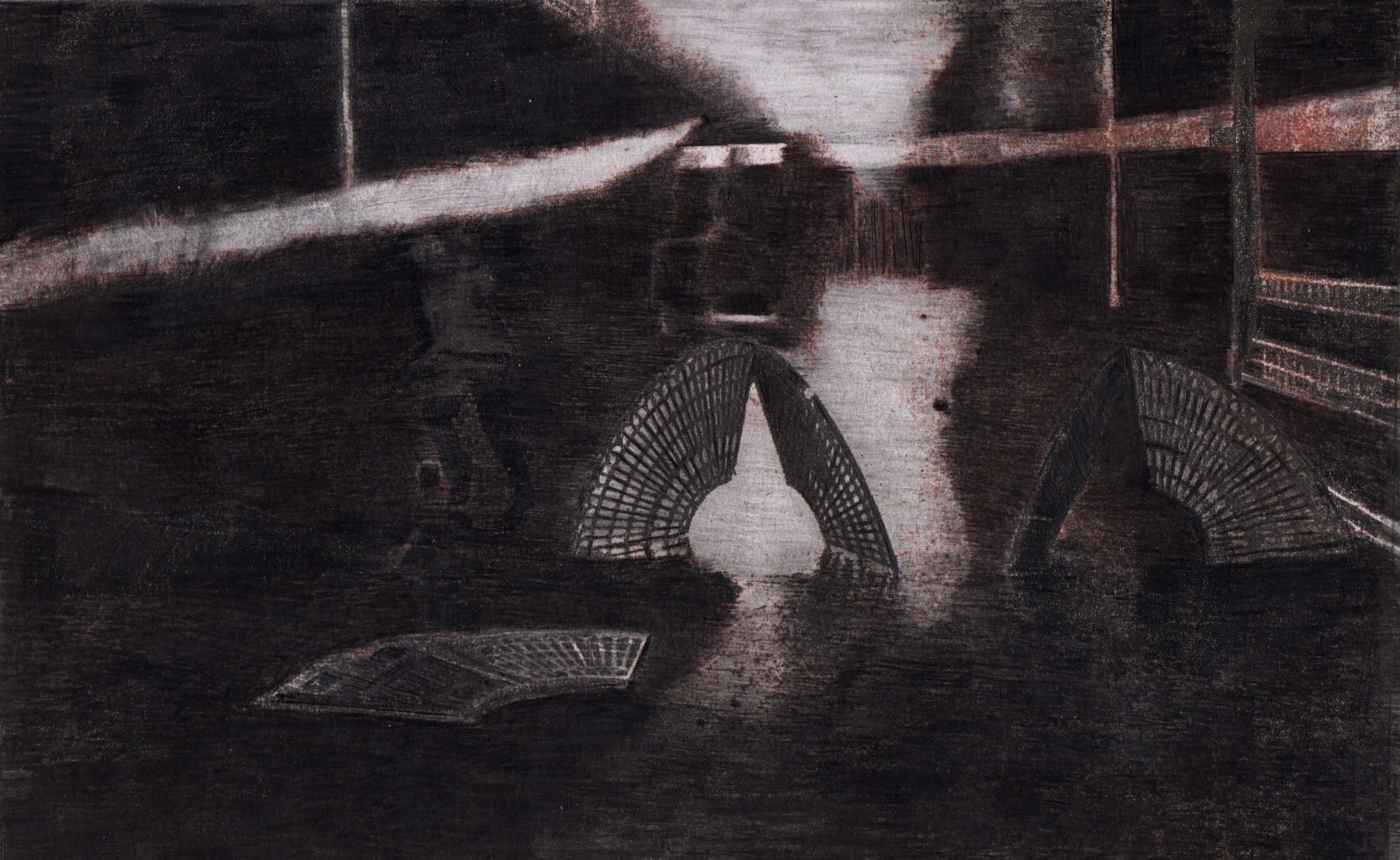
Avinu Malkenu (Our father, our king).
This installation project revolves around the Jewish “Avinu Malkenu” prayer and is thought to celebrate the sounds heard in synagogues.
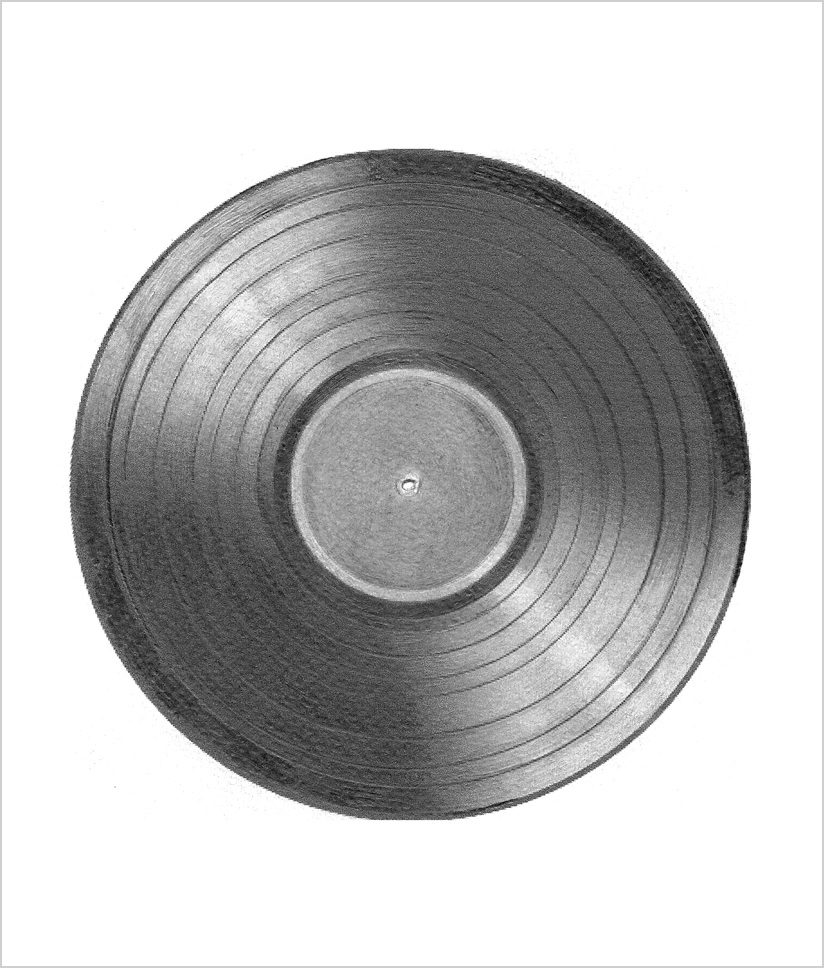
In the context of contemporary socio political tensions, this piece revolves around French and Jewish identity, by examining religion and tradition commonly opposed to secularism.
The installation is composed of three animation videos and sculpted record players, on which a drawing revolves. In the background one hears the chanting of prayers and the blowing of the shofar.
The two projects present Rosen’s artistic language, which confronts hyper-realistic drawing and photography, playing with the perception. The viewer can’t be sure of the medium they observe: they are confused whether they witness reality, imagination or memory. The drawings are the base materials to the two projects.
At the crossroads between personal history and a critical observation of history and its myths, Rosen’s work fosters a double approach: intimate and political. With her art work, Sarite Rosen give an interpretation and analysis of contemporary society and political issues related to identity and tradition.
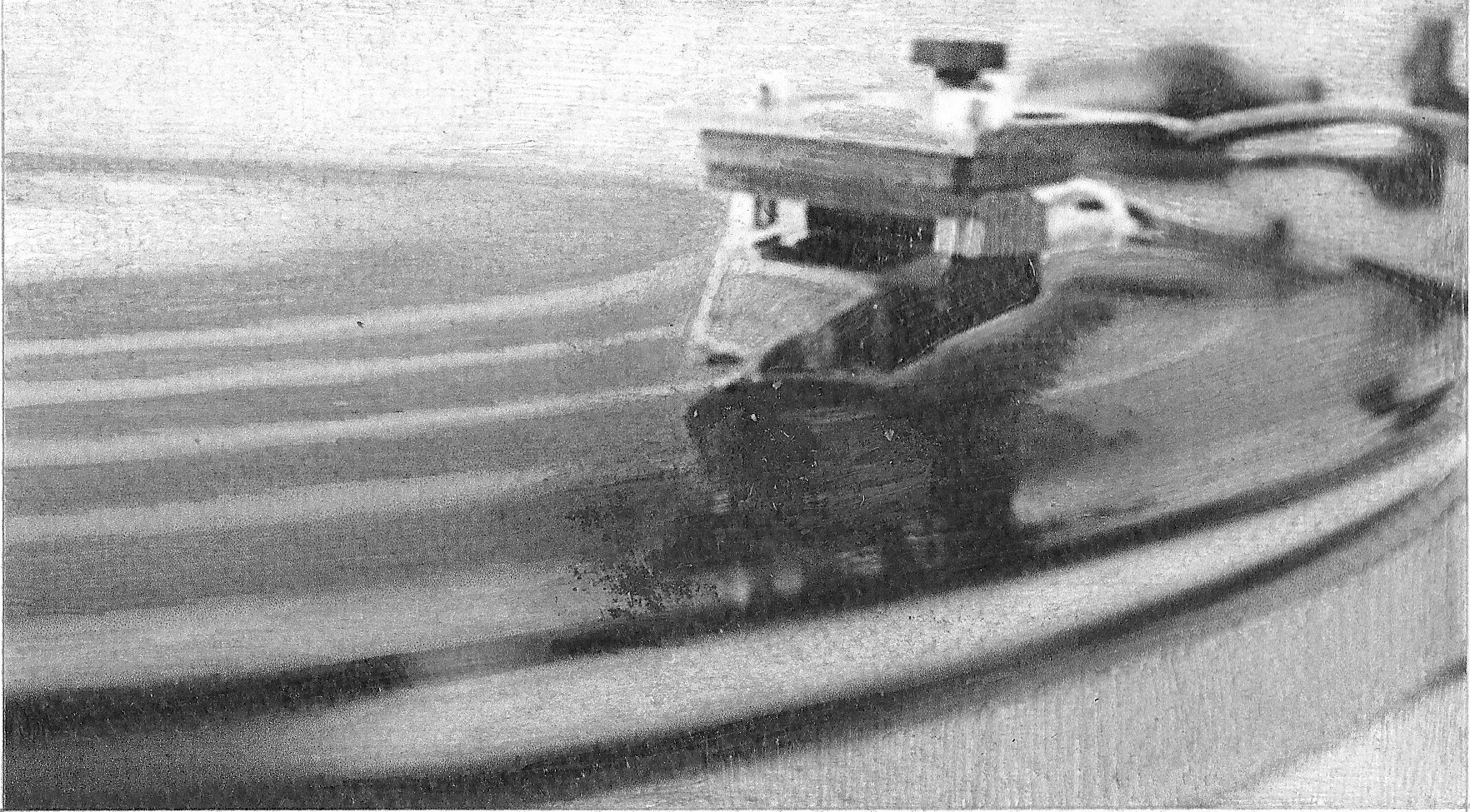
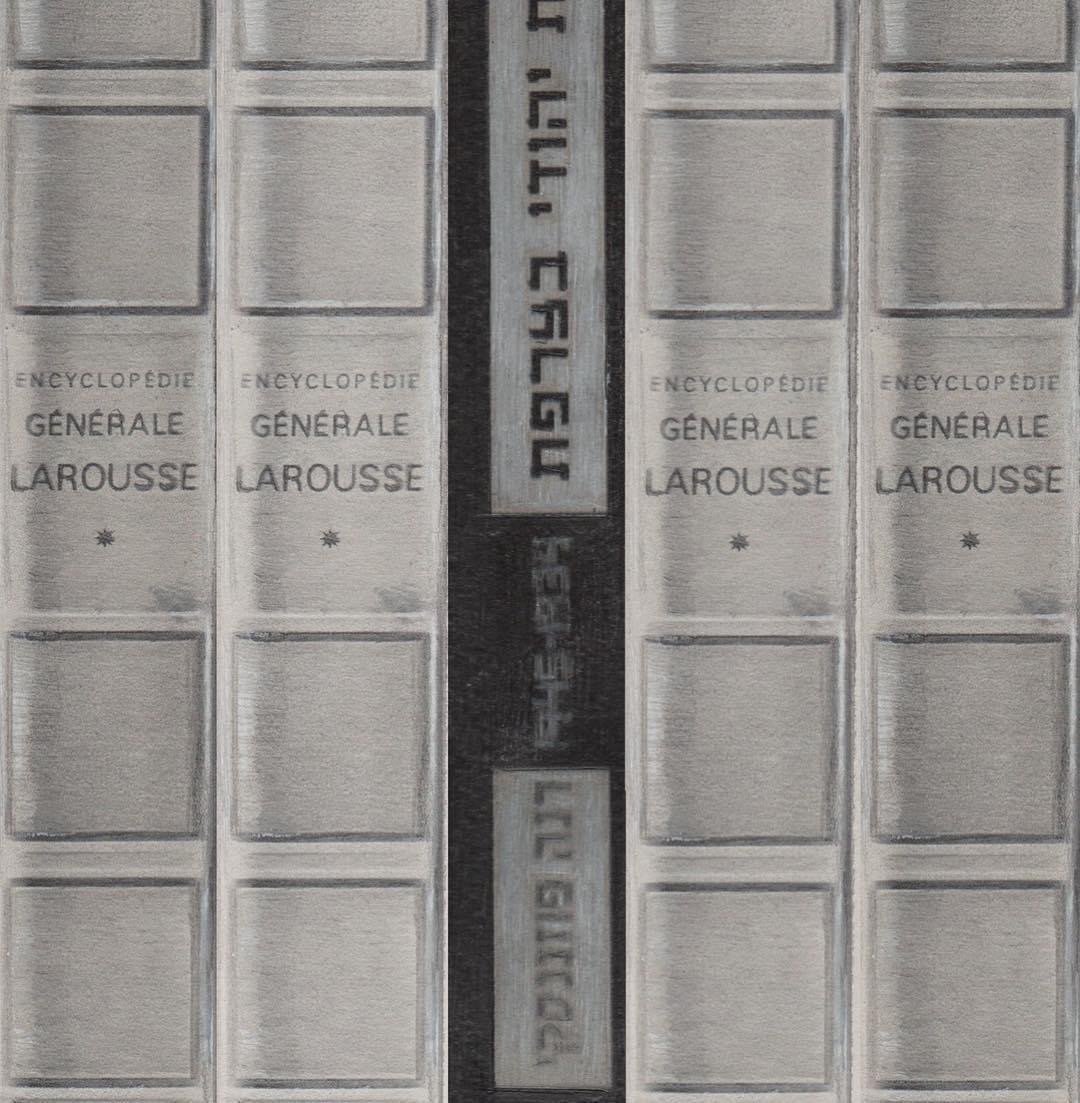
Sarite Rosen is a French-Israeli visual artist who combines various techniques,
drawing, installation and video art. She was born in Tel Aviv and works and lives in Tel Aviv and Paris.
She graduated with honors from the Fine Arts Department of the Bezalel School of Art and Design Bezalel School of Art and Design in Jerusalem in 2000. During her studies she was chosen to represent the Bezalel Acadamic Art School in an exchange program with the School of Visual Art in New York (SVA) in 1999.
She graduated Bezalel Bezalel Academy Award for Excellence
She completed a Master’s degree in cultural studies at Tel Aviv University and a
Master at the Bezalel School.
Sarite Rosen has been teaching since 2004 in secondary and higher education, art academic school and at the Tel Aviv Museum.
She has received numerous awards and research grants, including the Tel Aviv Center for Contemporary Art and the Israeli Ministry of Culture.
Her work has been presented in numerous solo and group exhibitions in galleries and museums in Israel as well as in film festivals.
